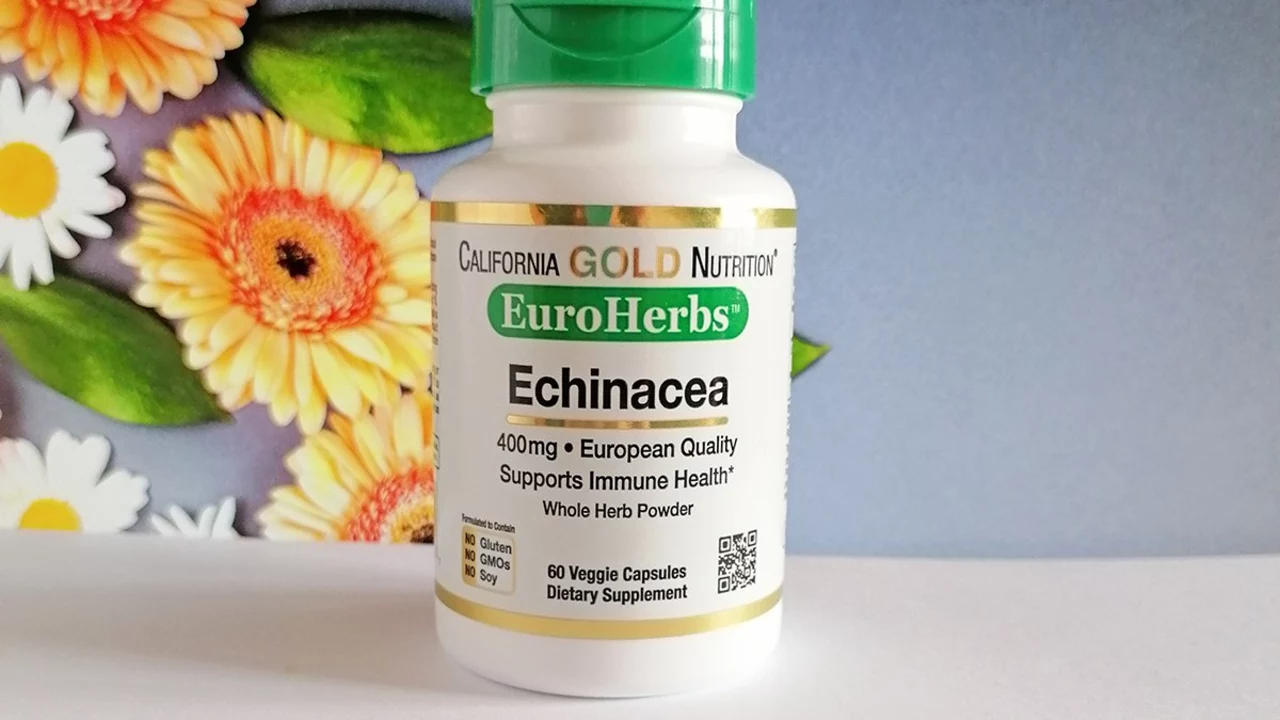Immune support: practical tips, foods, supplements and habits
Want to feel less sick and bounce back faster when you do get ill? Immune support isn’t magic — it’s a few daily habits that add up. Here are clear, practical steps you can use right now to help your body fight infections and recover faster.
Daily habits that matter
Sleep is the simplest immune boost. Aim for 7–9 hours most nights; lack of sleep reduces infection-fighting cells. Move your body: regular moderate exercise (30 minutes most days) improves circulation and immune response. Don’t smoke and keep alcohol in check — both impair key immune processes.
Manage stress. Chronic stress raises inflammation and lowers immune defenses. Try short practices like 5–10 minutes of breathing, a daily walk, or a quick stretch break. Small, consistent steps beat big, occasional efforts.
Hygiene and prevention help too: wash hands after public places, stay up to date with vaccines, and avoid close contact with sick people when possible. These actions reduce exposure and make your immune efforts more effective.
Foods and supplements that help
Eat a variety of whole foods. Bright fruits and vegetables give vitamins and antioxidants your immune cells need. Try citrus, berries, leafy greens, bell peppers, and cruciferous veggies. Add garlic, ginger, and fermented foods (yogurt, kefir, sauerkraut) for extra support.
Protein matters. Immune cells need amino acids to work well. Include lean meats, beans, eggs, or dairy across the day. Don’t skip healthy fats — nuts, seeds, and oily fish give vitamin E and omega-3s that support balanced inflammation.
Supplements can fill gaps. Common choices backed by evidence include vitamin D, vitamin C, zinc, and probiotics. For vitamin D, many adults take 1,000–2,000 IU daily, but test or check with a provider if you suspect deficiency. Vitamin C at 500–1,000 mg daily may help shorten colds for some people. Zinc lozenges taken early in a cold can reduce symptom length; avoid long-term high-dose zinc without medical advice. Choose probiotics with Lactobacillus or Bifidobacterium strains and follow product instructions.
Pick quality supplements: look for third-party testing like USP, NSF, or ConsumerLab. Read labels for active ingredients and serving size. Avoid megadoses — more is not always better and can cause harm.
When to call your doctor: if you have high fever, trouble breathing, sudden confusion, persistent symptoms beyond a few days, or signs of a serious infection, get medical help. If you’re pregnant, on immune-suppressing drugs, or have chronic illness, check with your clinician before starting new supplements.
Small, steady changes beat dramatic short-term fixes. Sleep, move, eat colorful foods, manage stress, and use sensible supplements when needed. These steps make immune support practical and realistic for everyday life.

